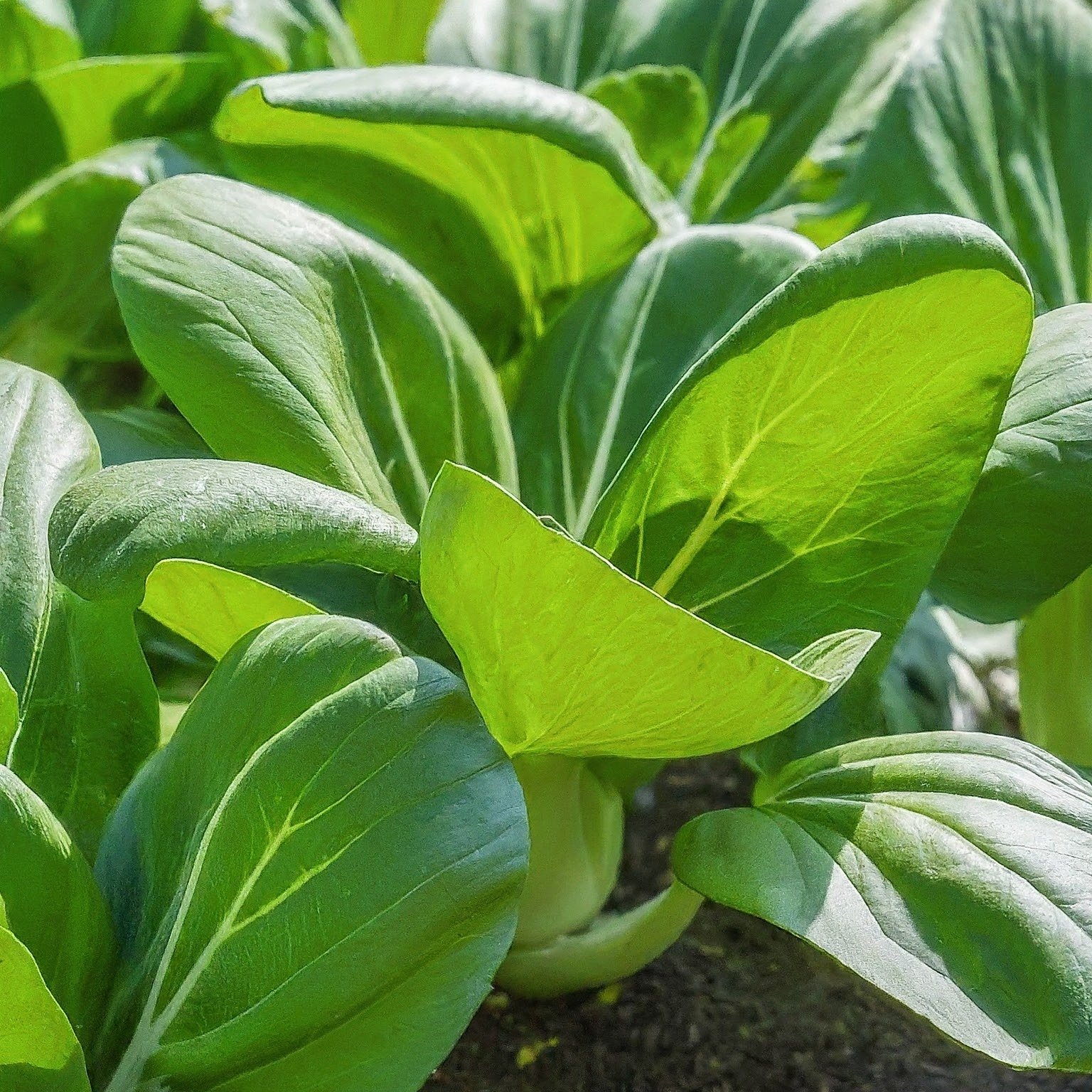Introduction to plant-based foods:
Plant-based foods are those that are derived from plants, including vegetables, fruits, grains, legumes, nuts, and seeds. These foods are rich in nutrients such as vitamins, minerals, fiber, and phytonutrients, which help boost overall health and prevent chronic diseases.
Eating a plant-based diet has been shown to improve heart health, lower the risk of type 2 diabetes, and reduce the risk of certain cancers such as colorectal cancer. Incorporating more plant-based foods in your diet can also help with weight loss, improve gut health, and increase longevity.
Health Benefits of Bok choy:
Bok choy, also known as Chinese cabbage, is a leafy green vegetable that is packed with nutrition and health benefits. Here are some of the key benefits of incorporating bok choy into your diet:
- Cancer prevention: Bok choy contains sulforaphane, a compound that has been shown to have anti-cancer properties. Studies have found that sulforaphane can help prevent the formation and growth of cancer cells.
- Heart health: Bok choy is rich in potassium, a mineral that helps regulate blood pressure and heart function. Eating a diet high in potassium has been shown to lower the risk of heart disease and stroke.
- Bone health: Bok choy is a good source of calcium, which is essential for strong bones. It also contains vitamin K, which helps promote bone health by enhancing calcium absorption and reducing calcium loss.
- Immune system support: Bok choy is a good source of vitamin C, which helps boost the immune system and protect against infections and illnesses.
Nutritional Information and Value of Bok choy:
One cup of chopped bok choy (raw) contains:
- Calories: 9
- Protein: 1g
- Carbohydrates: 1.5g
- Fiber: 1g
- Fat: 0.2g
- Vitamin A: 62% of the Daily Value (DV)
- Vitamin C: 70% of the DV
- Vitamin K: 87% of the DV
- Calcium: 4% of the DV
- Iron: 1% of the DV
- Potassium: 5% of the DV
Ways to Incorporate Bok choy into Your Diet:
Bok choy is a versatile vegetable that can be used in a variety of dishes. Here are some creative and practical ways to incorporate bok choy into your daily diet:
- Stir-fry: Bok choy is a popular ingredient in stir-fry dishes. Add it to your favorite stir-fry recipe for a nutritious and delicious meal.
- Soups and stews: Bok choy can also be added to soups and stews to add flavor and nutrition.
- Salads: Bok choy can be used in salads as a refreshing and crunchy ingredient.
- Roasted: Roasting bok choy is a great way to bring out its natural sweetness and add flavor to a dish.
Potential Risks or Allergies Associated with Bok choy:
Bok choy is generally safe for most people to eat and is not associated with any major health risks or allergies. However, some people may experience digestive issues such as bloating or gas if they consume large amounts of bok choy. This is due to the high fiber content of the vegetable. It is recommended to start with small amounts and gradually increase intake to allow the body to adjust to the fiber.
Conclusion on the Importance of a Balanced Plant-Based Diet:
Incorporating more plant-based foods into your diet, such as bok choy, can help improve overall health and reduce the risk of chronic diseases. A balanced plant-based diet can provide the necessary nutrients for optimal health, including protein, fiber, vitamins, minerals, and phytonutrients. It is essential to eat a variety of plant-based foods to ensure a well-rounded diet.
Reference:
- “Bok Choy – Health Benefits, Nutritional Information.” Medical News Today, MediLexicon International, www.medicalnewstoday.com/articles/284815.
- Tuso, P. J., et al. “Nutritional Update for Physicians: Plant-Based Diets.” The Permanente Journal, vol. 17, no. 2, 2013, pp. 61-66.
- Zi, Shan, et al. “Sulforaphane Inhibits Cancer Cell Invasion and Inflammatory Breast Cancer Cell Migration.” The World Journal of Biological Psychiatry, vol. 20, no. 6, 2019, pp. 479-485.





